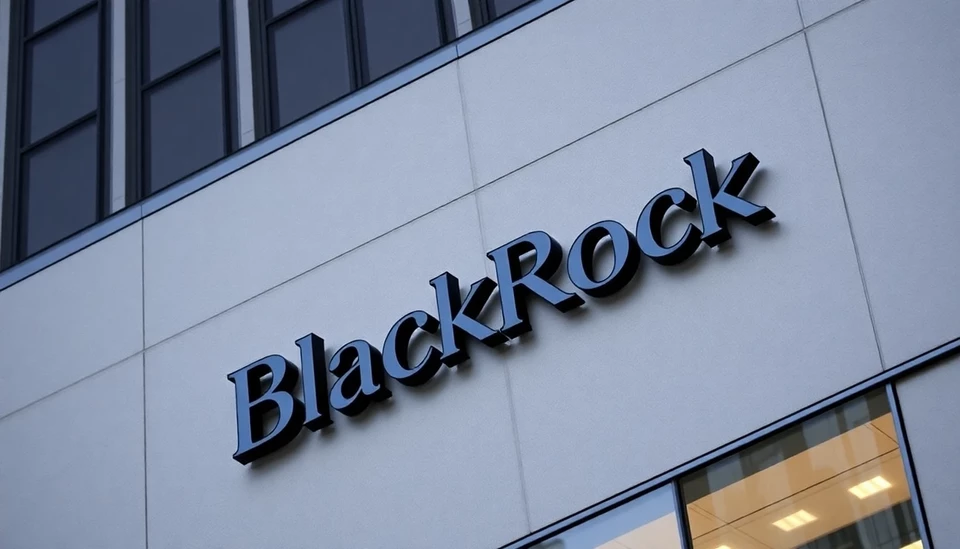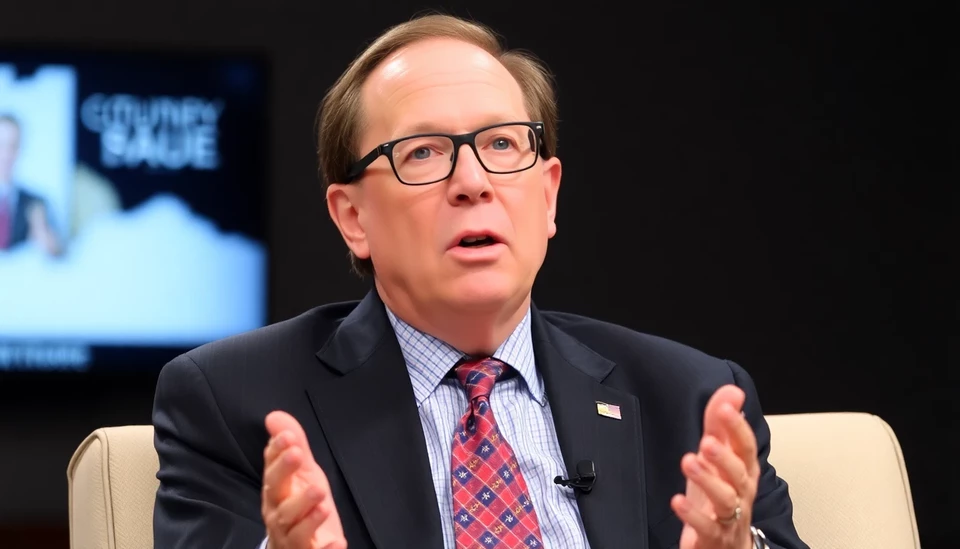
In a recent internal communication, BlackRock, the world’s largest asset manager, has disclosed its plans to reduce its workforce by approximately 1%. This decision, detailed in a staff memo, comes as part of a broader strategy aimed at enhancing operational efficiency and adapting to evolving market conditions.
The memo highlights that the cuts will affect roles across various departments, emphasizing a focused approach to streamline operations and improve productivity. BlackRock's leadership has attributed these layoffs to a combination of factors including market volatility, increased competition in the asset management sector, and the need to align the workforce with the firm’s long-term goals.
Following a robust growth period throughout the pandemic, the financial landscape has recently experienced significant challenges. BlackRock, which manages around $8 trillion in assets, is facing headwinds such as fluctuating markets and altered investor sentiment. The company has indicated that these changes necessitate a more agile workforce capable of responding swiftly to new challenges.
Despite the layoffs, BlackRock is committed to investing in technology and innovation, areas deemed critical for growth in the future. The firm plans to focus on enhancing its digital offerings and adapting its services to better meet client needs, signifying a shift from traditional asset management methods to more technologically driven solutions.
While this workforce reduction marks a notable shift for the firm, it reflects a trend observed in the broader financial services industry, where many firms are reassessing their staffing needs in light of changing economic dynamics. The memo seeks to reassure employees that these measures, although difficult, are necessary for the firm's sustained success and competitive positioning in a challenging market landscape.
As industry experts watch closely, this announcement raises questions about the potential implications for BlackRock's corporate culture and how it might evolve in light of these changes. The focus remains on how the firm will navigate the shifting asset management environment while innovating to remain at the forefront of the industry.
In summary, while the decision to reduce the workforce is undoubtedly difficult, it reflects a strategic response to current market conditions and a commitment to ensuring the firm’s resilience in the future.
#BlackRock #AssetManagement #WorkforceReduction #FinancialNews #CorporateStrategy #MarketTrends
Author: Samuel Brooks




